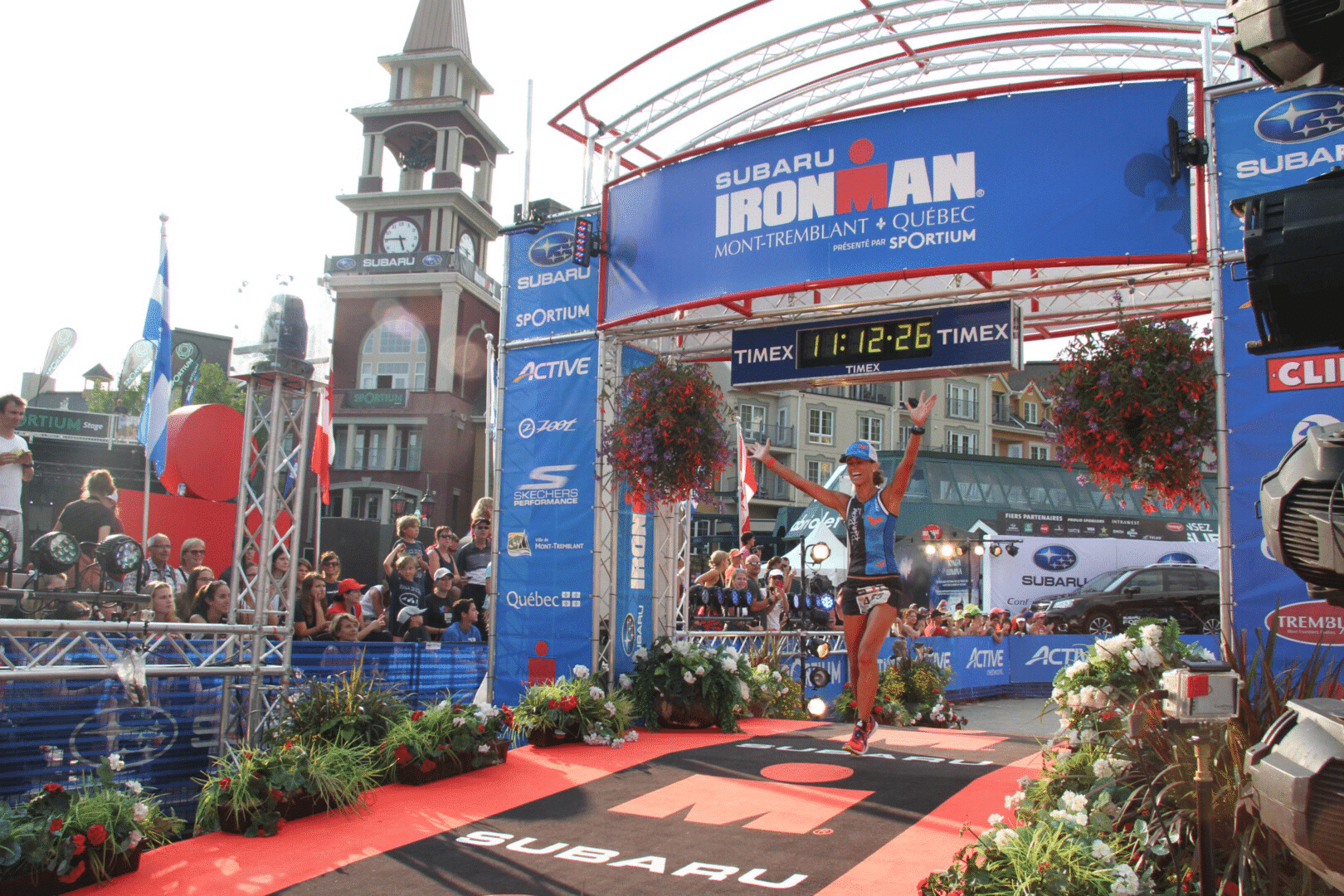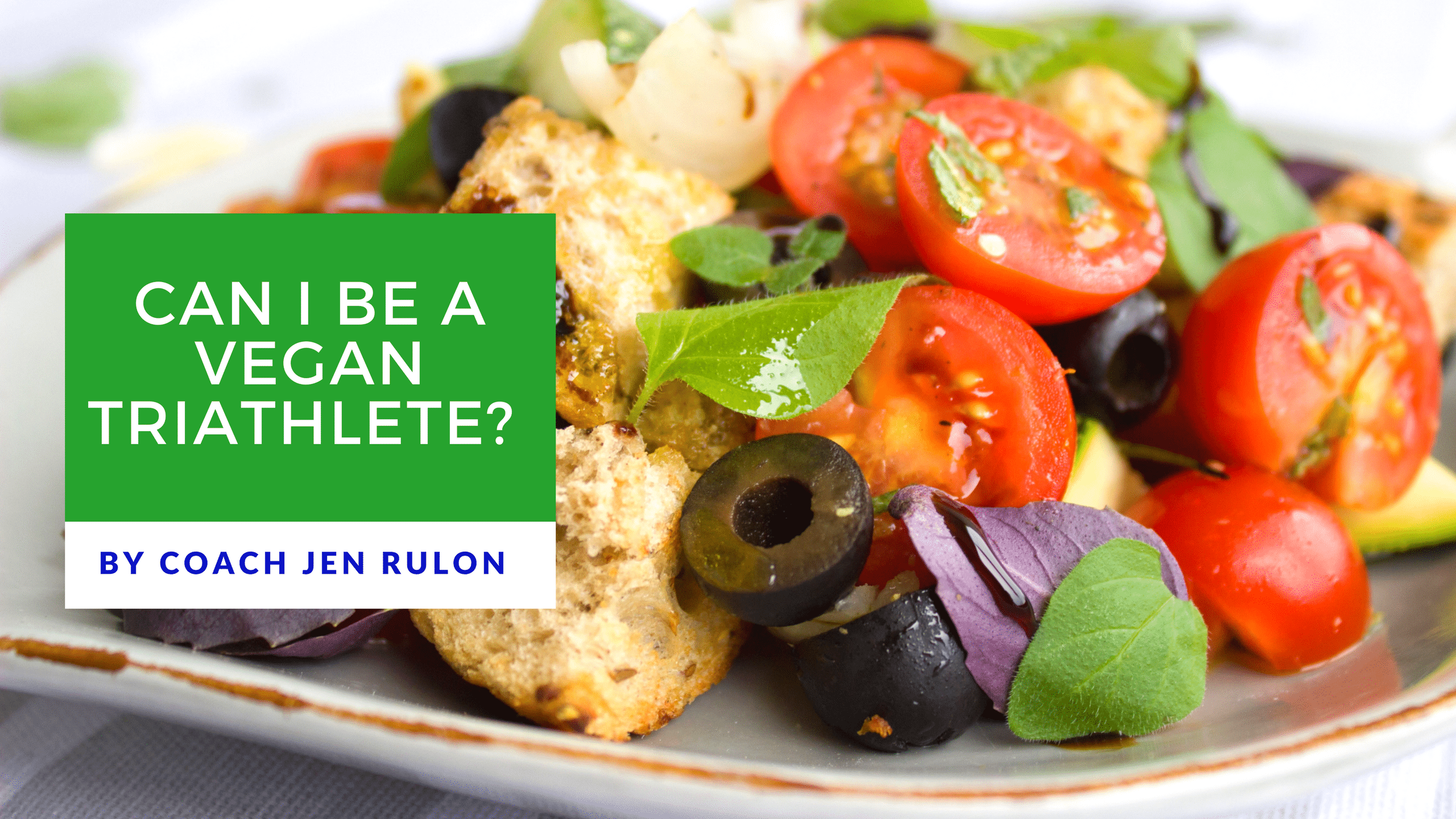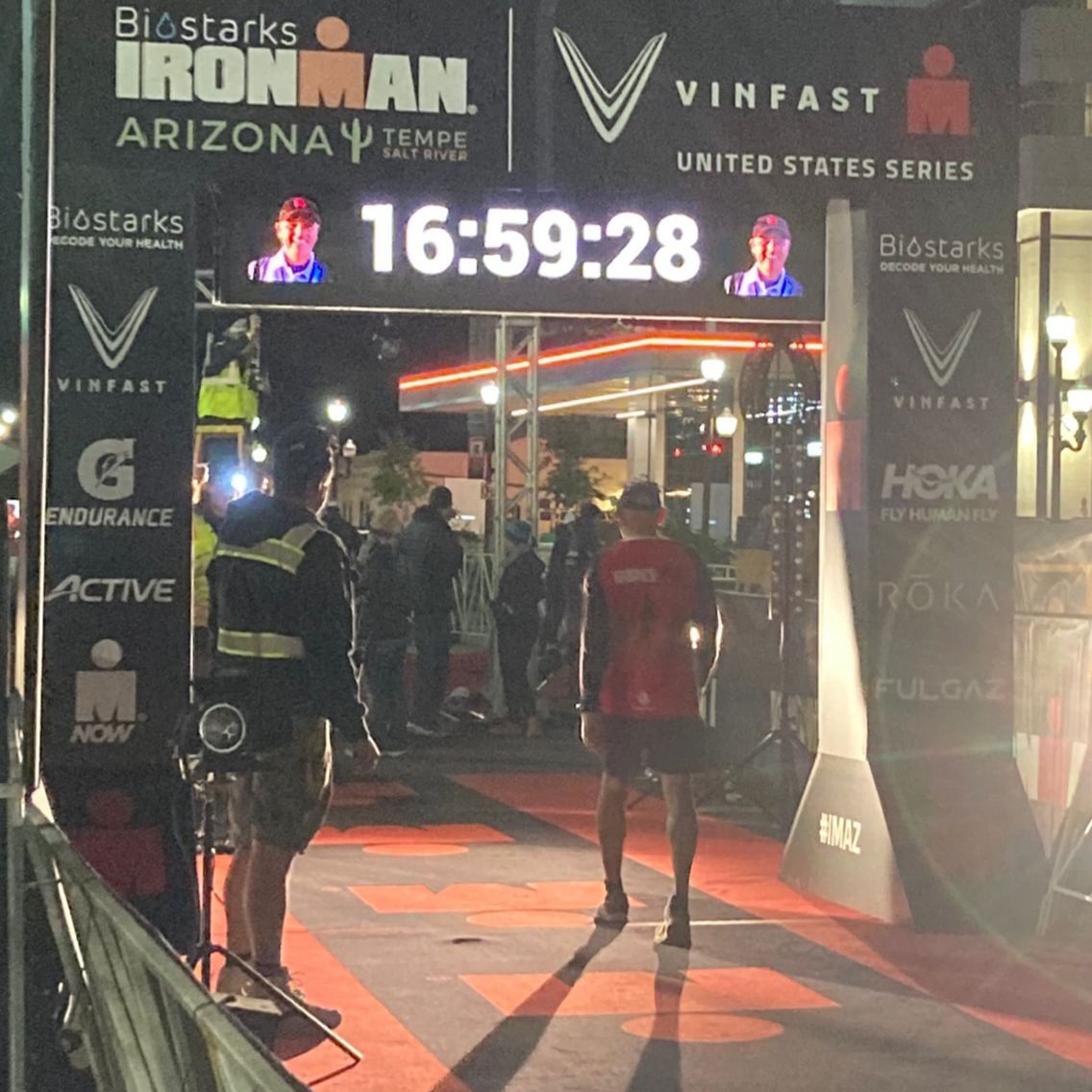Sidenote: Over-race is a term that happens but isn't talked about much. This is an older blog, but I love it,...
Read MoreRead MoreSidenote: I get asked this quite a bit regarding in the fitness space; whether you are a doctor, entrepreneur, a...
Read MoreRead MoreAbout seven months ago, I reached out to my viewers to find out what they were interested in when it came to learning about triathlon and BEYOND. One of my questions was, “What would you like to see more of on “JenRulon.com” Blog?” Almost 65% of you said, “Everyday Nutrition.” A couple of you chimed in, saying that you were vegan. DAMN, I know NOTHING about that, so I figured I would do some research. I also reached out to my vegan athletes. See below for what they had to say! Interested in getting on a call with me, regarding coaching? Click HERE to jump on my calendar!
Eating Vegan: Benefits and Caveats
Veganism has been around for decades but has recently gained more attention. The number of Google searches for “vegan” has nearly tripled since 2014! Because of its rise in popularity, more and more people are asking about its benefits, drawbacks, and practicality, especially for serious athletes. In this post, I’ll describe a vegan diet, explain some of its most significant health benefits, and mention some caveats and recommendations for those considering it.
What is a Vegan Diet?
According to the Vegan Society, “Veganism is a way of living which seeks to exclude, as far as possible and practicable, all forms of exploitation of, and cruelty to, animals for food, clothing, or any other purpose.” In terms of nutrition, that means not consuming dairy, eggs, meat, or any other products of animal origin. This differs from a more general vegetarian diet, in which meat is avoided, but other animal-based products may be consumed.
Benefits
While some people avoid animal products for ethical or environmental reasons, many adhere to a vegan diet for its proven health benefits.
Weight Loss
One of the best-known health benefits of a vegan diet is its ability to help shed extra pounds. Removing animal products means replacing them with naturally less calorically dense foods packed with fiber. This means it’s possible to feel more satisfied while eating fewer calories!
Several randomized control studies (the gold standard in scientific research) demonstrate that a vegan diet is associated with significantly more significant weight loss and reduction in body mass index (BMI) scores, EVEN when compared to other more conventional low-fat, vegetarian diets (Jakse et al., 2017; Moore et al., 2015; Turner-McGrievy et al., 2017; Turner-McGrievy et al., 2007). Moreover, the subjects in several of these studies were permitted to eat ad libitum, or until they were satisfied, meaning that they didn’t have to restrict their food intake to lose weight.
Sidenote: Tim and I have known each other for a couple of years or have known of each other, but...
Read MoreRead More




